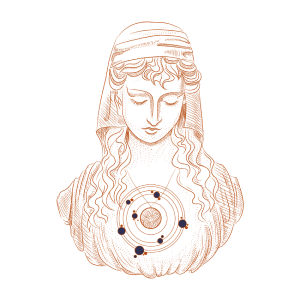When you say you deeply care about something, what does it mean actually? Do you care about what you think is the best way to solve the problem? Or do you care about the question that brought you to that belief?
The difference is subtle, but of great consequences.
If you care about the question, you’ll seek and embrace opposing opinions. You’ll use them to make your point stronger and to correct it wherever it was lacking. If you care about some particular answer, you’ll fight contradicting answers with ferocity, in the quest to prove they are wrong.
When you invest in the question, you’re genuinely curious about how other people view the same problem and whether there are angles you haven’t considered already. When you invest in the answer, you see everyone holding a different opinion as mistaken, stupid, or evil.
To embrace the question means to know that there is always something more to learn, no matter how much research you’ve done. To embrace the answer means to protect it from any conflicting evidence, certain that the solution you have is already the best possible one.
If you teach your kids to question, you teach them the process of refining and expanding their knowledge, something they’ll still be able to use long after you’re gone. If you teach them an answer, they’ll never know where it came from, why it is important, and whether it can be improved. They’ll just stick to it on the ground of your authority, until there’s another authority they find more trustworthy.
Once you notice this pattern, you’ll start seeing it everywhere.
All political debate is people shouting their preferred answers at each other and thinking they can win something this way. Public education is shoveling ready-made answers into children’s heads, and then testing how well they memorized it. Organized religion is nothing but an all-encompassing set of answers, ready to explain away any question that may arise in your head.
You can’t invest in a question by accident. We’re hardwired to jump to conclusions based on wherever evidence is available, and to defend our opinions whenever they are contradicted. In hunter-gatherer times, both skills were crucial for survival.
But in the present-day interconnected and ever-changing world, investing in the right questions is more important than ever. By the time you reach some particular answer, it may be obsolete already.
